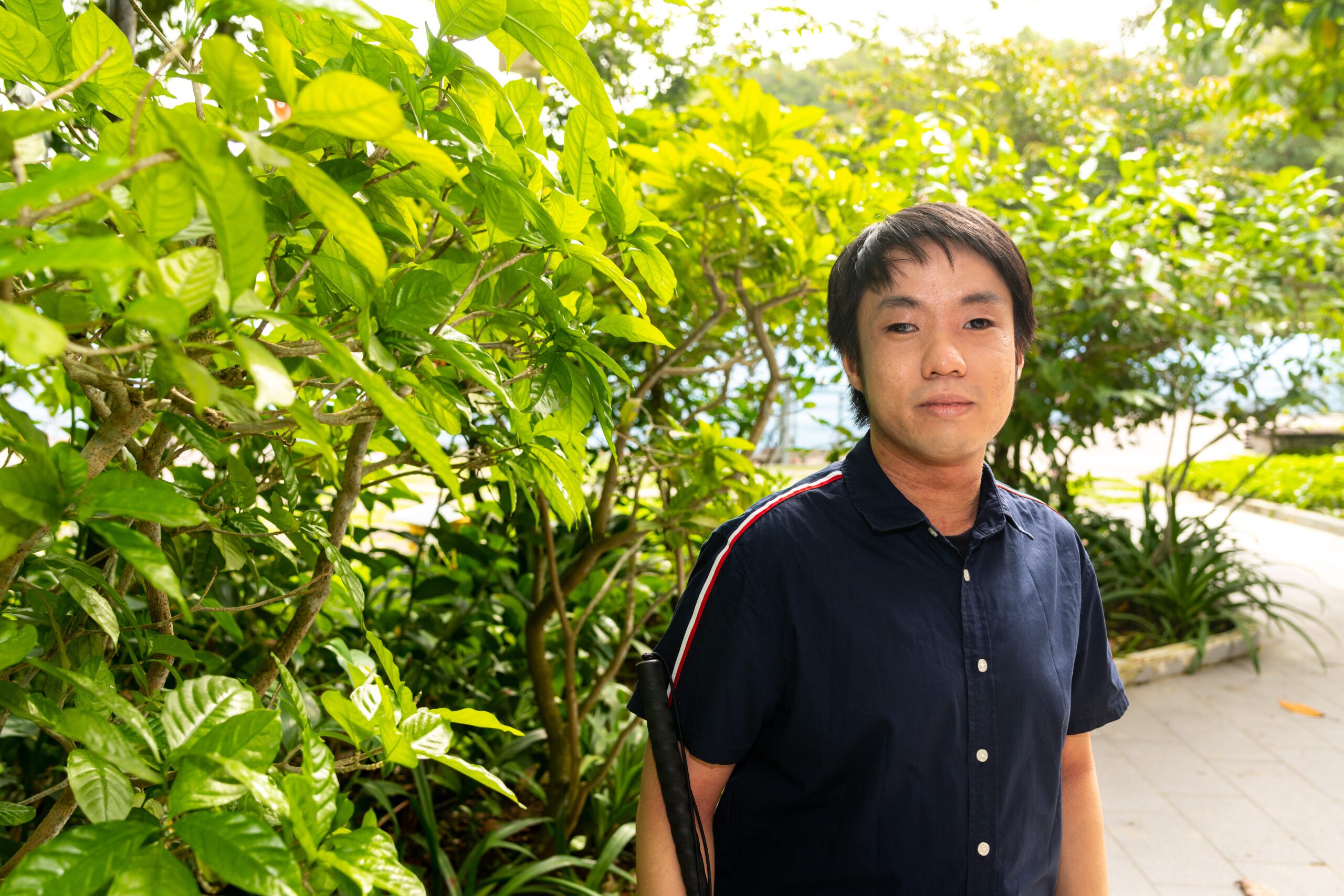The diagnosis
What was supposed to be a forty-five-minute break-the-ice session with the psychiatrist turned into a protracted two-hour consultation. She dug deep into my history, being keenly interested in my parents’ patterns of verbal abuse. Over the next one year, I only saw her a total of three times. It was during the third session that she said she wanted to start me on a prescription of Lexapro. When I went to get my medication, the pharmacist said that she could not dispense antidepressants to me, as I was only seventeen and she needed the consent of an adult. I had no choice but to inform my mother. At the disclosure that I had panic attacks and that I was seeing a psychiatrist, she was shocked, but she remained reticent about her thoughts. She accompanied me to the fourth session, and kept a listening ear throughout the session, saying little and only nodding. It was very weird, for it was the first time my mother was present for anything.
As an antidepressant, Lexapro works to increase the serotonin levels in the brain. The first two weeks of adjusting to it were difficult, as I experienced terrible side effects. They numbed my emotions: I could not react rightly to a funny situation, or a sad one. The suicidal thoughts manifested at once every night, which was when I took the pills. The windows beckoned to me, and they had the same warm fuzzy feeling that seeing a long-lost lover evokes. Jumping out of the window seemed to promise peace and an ending to my inner turmoil. And there was the paranoia. On the edge of sleep, I would get irrational thoughts of my parents sneaking into my bedroom, putting their hands around my neck and throttling me.
Now aware that I was prone to panic attacks, I avoided going out. Panic attacks don’t keep to a timetable. Initially, I didn’t know what my triggers were, so they seemed to happen randomly. I was mortally afraid that I’d break down in front of my friends. To hear the words ‘are you crazy?’, even if said in jest, from people you cared most about would be like getting stabbed in the heart.
When my psychiatrist asked during a follow-up session if I truly understood why I had to be on antidepressants, I said ‘no’. It was then she enlightened: ‘Based on the data and evidence presented so far, I think you have chronic depression and generalised anxiety disorder.’ She added, ‘You had depression and anxiety when you were a kid. Had you sought help earlier, it could have been treated. But because it took you so long to seek treatment, it’s something that you now have to learn to live with.’ At that moment, my resentment towards my parents increased. This was their doing. They were the cause of my anxiety, and the reason for my neglect.
My depression being weaponised in office politics
I started my first full-time job as an accounts assistant when I turned eighteen. I landed the job through the CEO of the company, who was a dear family friend I knew through church. I was earning above my pay grade as a Higher National ITE Certificate holder. This did not sit right with my manager, who being in the accounts department herself was privy to my salary information. Jealousy soon reared its ugly head.
Just braving the daily commute during peak hours was torturous. The sea of unfamiliar faces, feeling a sweaty body so close to mine, the jostling of elbows — I’d feel so hemmed in I couldn’t breathe. Claustrophobia triggered my panic attacks. It felt like someone was stomping on my chest. It felt like God himself had descended on earth and was yanking my soul out of my body. Each panic attack lasted about ten minutes, logically a short time , but when I was in the throes of it I was frozen in eternity. Sharp pains would shoot up and down all over my body: it was as if someone were pricking me with needles. My hands would get so sore from the clenching. The attacks would go away on their own, but each episode was enervating, rendering me lethargic afterwards. I started going to work early and ending my days later to avoid the peak-hour traffic. Initially, I still sought to fight the mounting reluctance to go to work. But my body would betray me. Once, I vomited on the train, and no one, not even the station personnel, stopped to offer help. Everyone just watched. That was when I gave up trying, because I knew the attacks would happen again, and I didn’t want to experience a public meltdown.
For someone who is battling depression, the negative thoughts scream. There were voices that told me people were going to judge me, and so I shouldn’t step out of the house. I’d put on my headphones and blast a song to full volume, but it did not drown out the voices; they just got louder and louder. I was powerless against the paralysing fear. You watch crime shows and the antagonists with mental health issues murder people. It’s harrowing to think that you could, in the midst of an episode, become someone who hurts others. And the negative thoughts were persistent, day in, day out. I could not sleep or eat. Even before my day started, I was already worn out.




